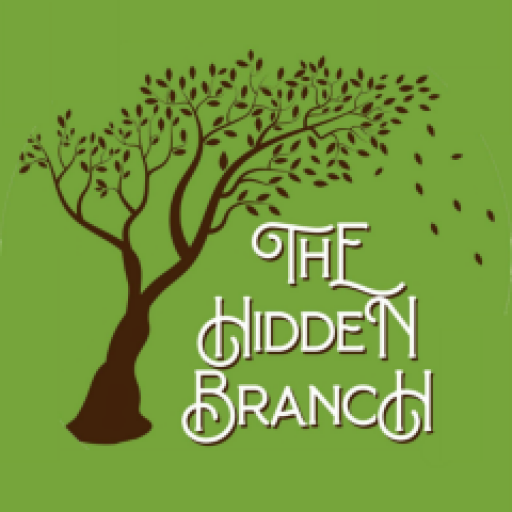My family was quick to dismiss our German ancestors as “all just farmers.” It was not until after researching German church records that I found various roles that my ancestors played in their villages. You might be able to find the same for your ancestors and reveal a much richer story.
German churches kept meticulous records. These records mentioned the names and usually the occupations of those involved. Baptism records include the occupations of the fathers and sponsors. Marriage records typically include the occupations of the groom, the groom’s father, and the bride’s father. Death records typically include the occupation of the decedent and their father. By browsing German church records, you can find when your ancestor was married, had a child, was a baptismal sponsor, had their child get married, and died. Then, you have what you need to put together a timeline of your ancestor’s listed occupation and reveal your ancestor’s resume. Below is an example of what I found on one of my ancestors.
My 5th great-grandfather, Johann Georg Gengenbach (1777-1827) traveled from his hometown, Unterreichenbach, to Neckarwestheim while he was still a teenager. The first record of him in Neckarwestheim is his marriage record in 1798. He was twenty years old, and his occupation was listed as “soapmaker” (seifensieder). From this point on, I was able to ascertain Georg’s resume and, in the process, trace how this newcomer quickly became a pillar of his adopted community.
1798: soapmaker
1799: soapmaker
1800: soapmaker
1801: soapmaker
1802: soapmaker
1804: soapmaker
1806: soapmaker, town council (gemeinderath)
1808: soapmaker, town council
1809: soapmaker, town council
1810: soapmaker, town council
1811: soapmaker, town council
1812: soapmaker, town council
1813: soapmaker, town council
1814: soapmaker, town council
1816: soapmaker, judge (richter)
1817: soapmaker, judge, mayor (burgermeister)
1819: soapmaker, judge, mayor
1821: mayor
1822: mayor
1824: mayor
1827: judge
